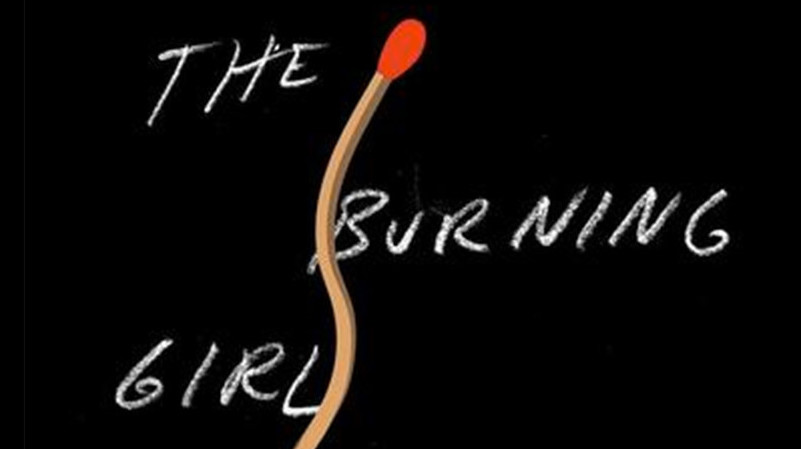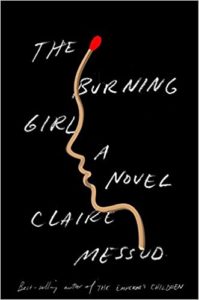

“The Burning Girl is a story about stories — their power, necessity and inevitable artifice. What does it matter if the tale of how Julia and Cassie met is Julia’s own recollection or her mother’s memory grafted onto hers? Both, Messud suggests, are destined to be equally false … In a bravura section later in the book, Messud describes a particularly awful rite of passage for teenage girls — accepting a ride from a not-quite-stranger, only to be terrified by what didn’t happen … Messud, always an interesting novelist, a writer who crafts superb sentences, sometimes has trouble ceding the novel’s voice to Julia. Yes, Julia is a star debater and an ‘A’ student, but I wasn’t persuaded that she could form and express these ideas so elegantly, even within the stylized artifice of a novel that’s calling out stylized artifice. The Burning Girl is a Lifetime movie of a novel, one that argues that the inchoate pain caused by a friendship’s end is the story. As someone who doesn’t use ‘Lifetime movie’ as a pejorative term, I consider this high praise. But don’t overlook one salient tendency in this age-old tale: The beautiful girl may get the guy, but the smart girl gets the last word. This may make her the most unreliable narrator of all.”
–Laura Lippman, The New York Times Book Review, September 8, 2017

